Article
Easy-Greasy: The New MPR GI
26 Apr 2024
Testing grease in conditions that mimic real-world mechanical stresses has always been a significant challenge for researchers. Starvation during these …
Read moreAlthough they are the clearest examples of green industries, wind turbines and electric cars represent only a part of the rapid growth in, and variety of green industries. Using our instruments, tribologists around the world are helping to improve the efficiency and reliability needed to make these industries viable.

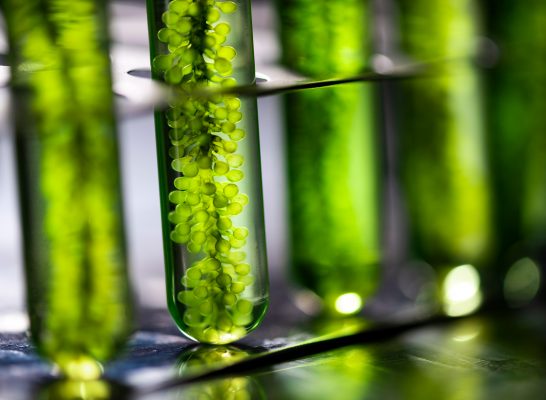

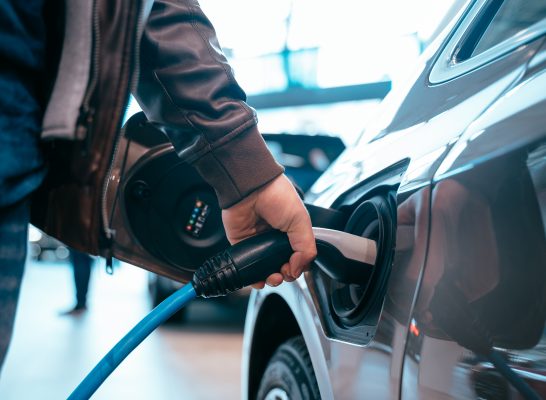
In renewable power, efficiency and reliability are key. Take wind power as an example and you find that the profit margins over the life of a turbine are narrow due to high setup costs, and the huge costs associated with maintenance, downtime, and repairs. Reliability is therefore key in ensuring wind power remains a viable power source for the future. Tribology plays a critical role in this as common failure mechanisms in wind turbines such as excess wear, micro and macro pitting, false brinelling and cracking can all be investigated using instruments from PCS.
Efficiency and reliability are just as important in other industries, such as the electric car market. Currently one of the hurdles facing the mass uptake of electric cars is their range and cost. One way to solve both these issues is improving efficiency, something currently being studied by tribologists around the world. Improving drivetrain efficiency would mean electric cars would need fewer batteries to go the same distance – thus cutting costs – or you could keep the same number of batteries but go further for the same cost.
PCS Instruments is giving tribologists the tools to develop new and improved fuels, lubricants, and additives, in turn helping to solve the multitude of problems green industries are facing, and ultimately fight climate change.

A ball-on-plate reciprocating friction and wear test system, assessing the performance of both fuels and lubricants under boundary conditions.
Learn more

Triple disc machine for researching rolling contact fatigue (RCF) failure mechanisms in the form of micro and macro pitting under lubricated and unlubricated conditions.
Learn more
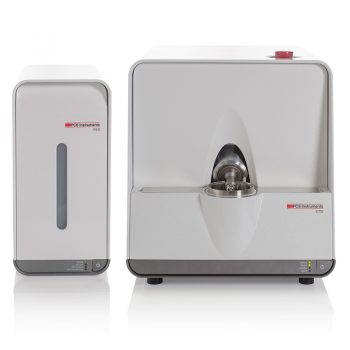
Ball-on-disc instrument for measuring the frictional properties of lubricated and unlubricated contacts under extreme pressures and a wide range of rolling and sliding conditions.
Learn more
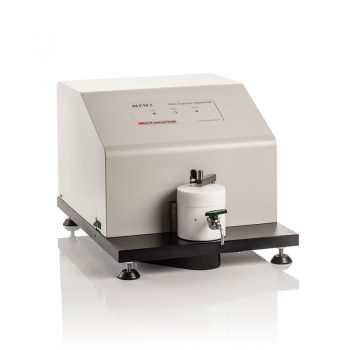
A ball-on-disc instrument for measuring the frictional properties of lubricated and unlubricated contacts under a wide range of rolling and sliding conditions.
Learn more
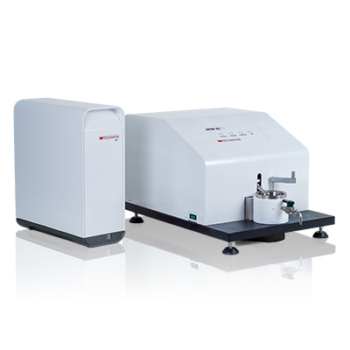
A ball-on-disc instrument for measuring the frictional properties of lubricated and unlubricated contacts under an applied electrical potential, and a wide range of rolling and sliding conditions.
Learn more
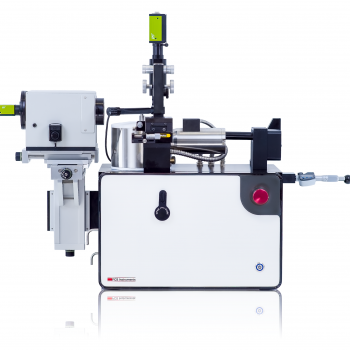
A high speed (up to 20 m/s), fully automated, benchtop instrument measuring lubricant film thickness down to 1 nm in the elastohydrodynamic (EHD) lubricating regime.
Learn more